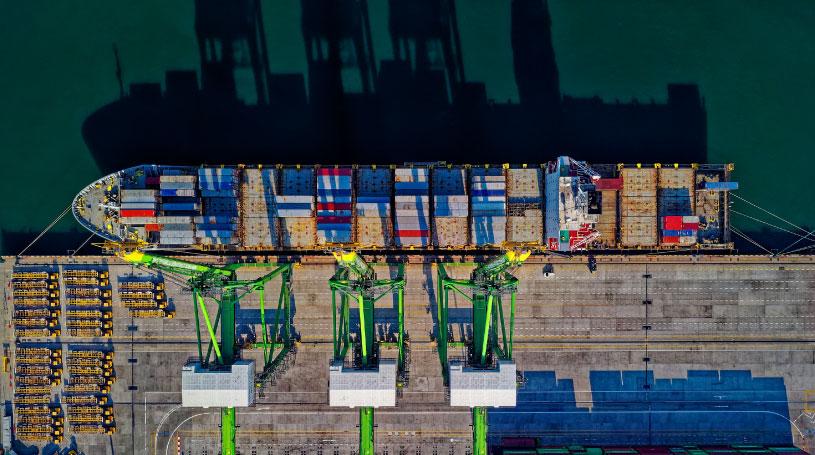Greater urgency is required to mitigate the negative impacts of US trade tariffs
Greater urgency is required to mitigate the negative impacts of US trade tariffs, and to identify possible opportunities arising from them.
That’s the message from Western Cape Premier Alan Winde who spoke this week at a Cape Chamber business function in Cape Town. His address coincided with news of a 100% tariff on films made outside the US, a move likely to impact the Western Cape which is a popular location for many US film production companies.
It remains unclear how such a tariff would work, should it be implemented.
Winde is concerned about widespread tariff uncertainty affecting local business stakeholders, particularly in light of a perceived lack of urgency to address potential impacts. He said the Western Cape is trying to bridge this gap by actively engaging both public and private sector stakeholders with a view to identifying market opportunities that could offset harmful tariff impacts.
The Cape Chamber shares the Premier's concerns about tariffs. Greater public-private collaboration is urgently required to respond to this challenge, both in terms of clarifying potential impacts and identifying new markets. Film production, boatbuilding, and agriculture are just three examples of Western Cape growth sectors in the tariff firing line.
Given the huge uncertainty around the future US tariff regime, government and business stakeholders should be proactive in lobbying for the best possible outcome.
The tariff debacle is but one example of uncertain times shaping our shared economic life. Artificial Intelligence (AI) is another potential gamechanger due to affect almost every aspect of life. The Western Cape government is proactively preparing for this change, including AI training courses for senior managers. The private business sector needs to adopt a similarly proactive approach to maximise the potential positive impacts of this technology, and to mitigate potential negative impacts.
The fast-growing local ICT sector could benefit significantly from early adoption of AI technology. There are also huge potential advantages for accelerated service delivery in areas such as healthcare and security.
Tariffs and AI are but two examples of future shocks coming our way. Greater public and private sector collaboration is more urgent than ever before to ensure we prepare for -- and even embrace -- these changes, rather than be left behind in a rapidly changing world.
Derryn Brigg
Deputy President of the Cape Chamber of Commerce and Industry

